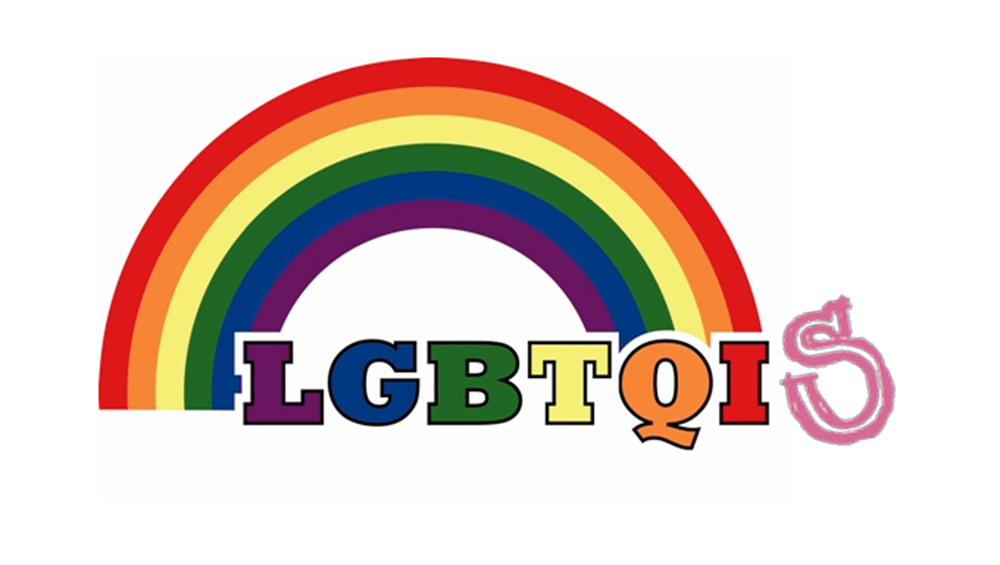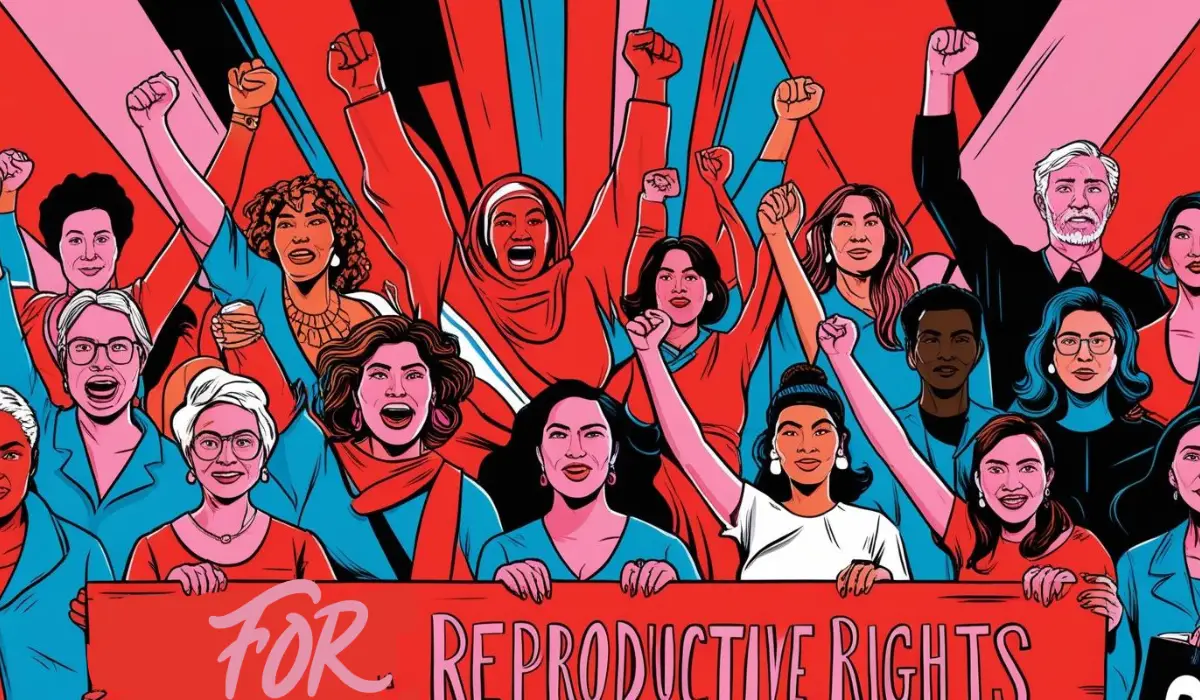In 1988, a teacher, Kevin Jennings, at a private school in Massachusetts, started a group to support Lesbian, Gay, Bisexual, Transgender and Intersex (LGBTI) students and to connect supporters of inclusivity and broad sexual rights, whether straight, gay or other. It was called a Gay Straight Alliance (GSA).
The idea caught on, as many American LGBTI youth suffered exclusion, bullying and an unsympathetic environment at school, with discrimination and harassment from both peers and teachers. In 1990 Jennings founded the Gay and Lesbian Independent School Teachers Education Network (later changed to the Gay, Lesbian and Straight Education Network) (GSLEN), which became a leading, nationwide group seeking to end discrimination, harassment, and bullying based on sexual orientation and gender identity. Their mission statement reads as follows:
“GLSEN seeks to develop school climates where difference is valued for the positive contribution it makes in creating a more vibrant and diverse community. We welcome any and all individuals as members, regardless of sexual orientation, gender identity/expression or occupation, who are committed to seeing this philosophy realized in K-12 [Grade 0 – 12] schools.”
Today there are more than 3000 school clubs registered with the GLSEN in the United States, and more registered under other umbrella organisations, and still more which deal with LGBTI issues but are not strictly GSAs.
In my opinion, it is the ‘S’ in GSA that differentiates it from other groups that address LGBTI human rights issues. GSAs are not merely collections of harassed LGBTI youth, but a movement comprising diverse people in solidarity to reduce discrimination and harassment: GSAs intend to be wholly inclusive.
“Violence, bullying and harassment are the rule and not the exception in America’s schools. According to GLSEN’s 2003 National School Climate Survey,
- 4 out of 5 LGBT students hear homophobic remarks often in their schools.
- 39% of LGBT students report being verbally or physically assaulted, often with a weapon and transgender students reported physical harassment 30% more than students that identified as lesbian, gay, or bisexual.
- Nearly 1 out of 3 LGBT students skipped school in the past month because they were simply too afraid to go.”
GLSEN also advocates for policies to be implemented in schools that outlaw discrimination, violence and harassment specifically towards LGBTI students and equips GSAs to do the same.
“According to our National School Climate Survey, students who did not have (or did not know of) a policy protecting them from violence and harassment were nearly 40% more likely to skip schools than those who did: 36.5% of LGBT students who said their school did not have a specific harassment policy skipped class in the last month because they felt unsafe, with that number dropping to 26.6% among LGBT students who know that there is some sort of harassment policy in place to protect them. Also, according to the data, students are more likely to report incidences of violence, bulling and harassment when a policy was in place.”
Although these figures come from America, anecdotal evidence and the proliferation of hate crimes against LGBTI show that violence and harassment towards LGBTI youth and adults exists at unacceptable levels in South Africa.
In December 2011, the Human Rights Watch published a study on homophobia and hate crimes towards South African black lesbians and transsexual men, called “We’ll show you you’re a woman” . It documents hate crimes and homophobia as retold to researchers by 121 black lesbians and transgender men interviewed.
Among the many stories, the paper narrates the story of Boipelo who, at 13, began identifying as a lesbian. She refused to play out stereotypical gender roles, including refusing to perform chores for her older male cousin, who lived with Boipelo and her mother. This cousin raped her and gave her HIV. Boipelo’s mother and cousin died some years later, leaving Boipelo, at 19, dependent on one of her uncles. At 20, her soccer coach raped her repeatedly after claiming he had paid her uncle lobola for her. She fell pregnant. At 23, a pastor in her community raped her, to show her that she is “not a man, [she is] a woman.” When she wanted to report the case, her uncle threatened to throw her out of the house if she pressed charges, as the pastor had paid lobola.
Stories told by the interviewees are shocking, scary, some utterly inhumane. Many of the lesbians interviewed or their friends who had been raped in crimes of hate, were in their teens and twenties. All of those interviewed had suffered name-calling, threats of violence and other forms of non-physical abuse. This happened to many on a regular basis, both by their community members and by strangers, by men and by women.
One lesbian woman’s twin daughters, 13, were gang raped. The men told them, “We are doing this so you grow up knowing you must sleep with men.” One daughter committed suicide. The other has tried five times.
LGBTI-identifying people, especially those who live in poor communities, have to fight not only for their right to be themselves, but, for many, also for the right to live, in a social space where it may feel that they have little to no support. Service providers including police often discriminate against LGBTI when they report hate crimes, including sometimes refusing to open cases.
When homophobia, and homophobic violence is so widespread, organisations that provide a safe haven for discussing one’s life, lifestyle and problems are absolutely vital for LGBTI South Africans.
However, many organisations are largely reactionary and responsive. There is obviously a great need for their existence, but there is also a need for broad education and sensitization of the wider public on homophobia and its detrimental results not only on LGBTI people but the cohesion, safety and happiness of a community at large. A great deal of work needs to be done to include straight people in fighting for the safety and human rights of LGBTI.
South African LGBTI report living in fear, dropping out of school, leaving home, considering and committing suicide, just like their American counterparts. Although LGBTI-supporting organisations’ work is crucial, and many LGBTI South Africans would be further marginalised and ‘alone’ without them, much is to be done to appeal to straight people to get involved in the cause for sexual diversity, safety and the protection of human rights for LGBTI South Africans – and all our countrymen and women.
Despite the ignorance and malevolence in the hearts and actions of perpetrators of hate crimes against LGBTI, there are many straight South Africans who wholeheartedly support full human rights, safety and dignity for LGBTI folk, and who condemn acts of violence and harassment against all human beings.
But many platforms for engaging on LGBTI rights focus on recruiting LGBTI people and supporting them in isolation from their wider community, the sexual majority – heterosexuals.
In a similar way to which Sonke chooses to work with men and boys on gender equality, as a preventative and educational methodology to stem the tide of GBV and HIV, more work needs to be done to include straight people in fighting for the safety and human rights of LGBTI.
The American example of GSAs could be a great place to start, if adapted properly to accommodate completely different cultural backgrounds, and different attitudes towards gender and homosexuality. Young people are usually in a better position emotionally and psychologically to learn respect and love, and change their behaviour when compared to adults who are often more rigid in their habits and prejudices that have built up and been reinforced over a lifetime.
Sonke would like to thank the organisations Free Gender, the Triangle Project, Intersex South Africa, the Human Rights Watch and the Human Sciences Research Council, and other groups for the outstanding work they do in research, activism and service provision to LGBTI communities.








